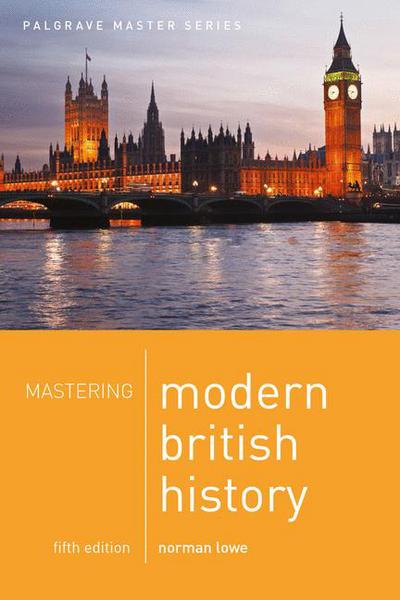


Are you sure you want to reset the form?
Your mail has been sent successfully
Are you sure you want to remove the alert?
Your session is about to expire! You will be signed out in
Do you wish to stay signed in?
The Amritsar Massacre (1919) and Indian independence
Study Sources A and B below and answer the questions that follow.
Source A:
| Historian Bernard Porter writes about Indian nationalism and the Amritsar Massacre. The First World War made it less likely that the promise of reforms to India, when it did come, would be enough to stem the nationalist tide. Indian nationalism was fired enormously by the war, its grievances increased, its support expanded, its organization greatly improved and its expectations increased... In April 1919 there was a rash of rebellions in the Punjab serious enough to convince at least one British general that the Indian Mutiny was about to be repeated; this persuaded him to open fire on a crowd of unarmed Indians in a public square in Amritsar, and to continue firing into their backs until his ammunition ran out, killing at least 380 and wounding 1200... General Dyer was mildly censured by the army and then vigorously defended by his superiors, by the House of Lords, by much of the press, by most Conservative MPs and by a large number of ordinary people who subscribed £26,000 in a month to a fund set up on his behalf by the Morning Post. The effect of all this on Indian nationalist opinion was disastrous. Gandhi made it the occasion for his first non-co-operation campaign, and repression only undid the gains made by the earlier policies of concession. Source: B. Porter, The Lion's Share: A Short History of British Imperialism 1850-1970, Longman, 1975. |
Source B:
| Another historian, Robert Rhodes James, writes about Churchill's attitude. The good effects of this modest advance - the Government of India Act (1919) - were spoiled by the Amritsar Massacre in April 1919, and perhaps even more spoiled by the strong support - official and unofficial - that General Dyer received in British India and Britain for his indefensible actions.... Churchill strongly supported the dismissal of Dyer after Amritsar, and in his speech in defence of the government's action, had stated firmly that 'our reign in India or anywhere else has never stood on the basis of physical force alone'. But his acceptance of the permanence of British rule over India was complete. While prepared to support policies that would calm nationalist ambitions, he was not prepared to contemplate equality in government between British and Indians and was outraged by the suggestion of any reduction of British supremacy. Source: R. R. James, Churchill - A Study in Failure 1900-1939, Weidenfeld & Nicolson, 1970. |
